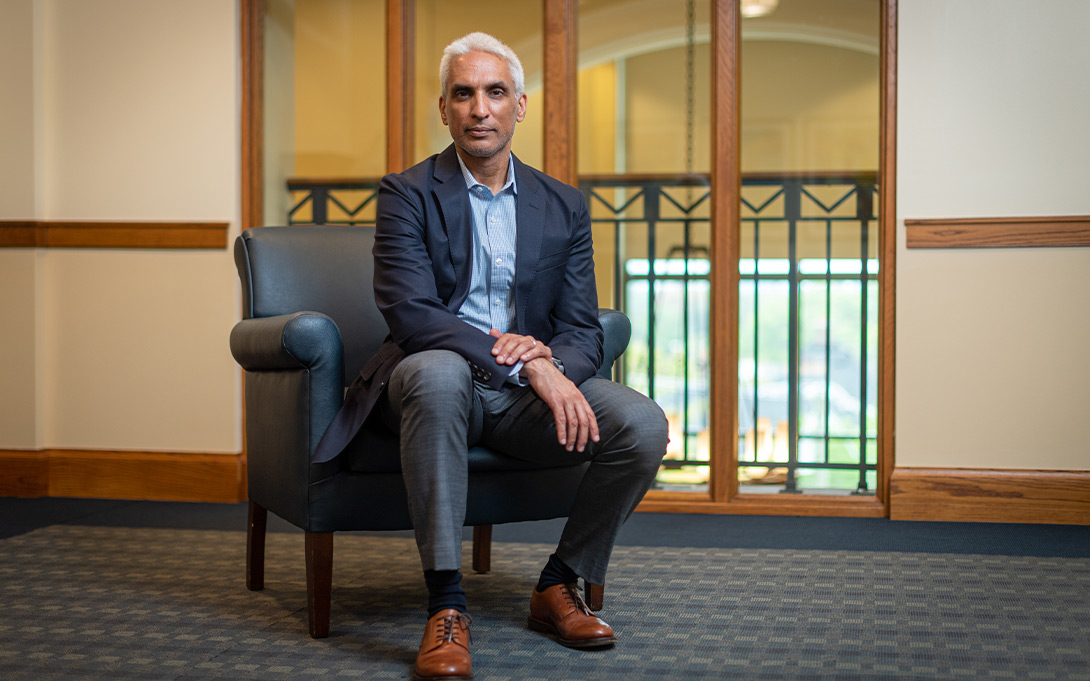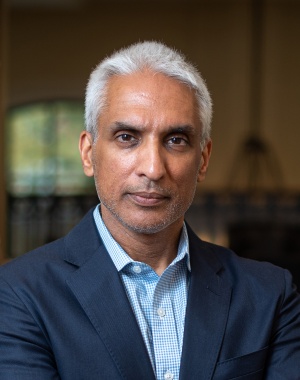
In a opinion for the Atlantic Council, Javed Ali said the U.S. has not hit "the peak" of this wave yet, prompting higher security measures from the Biden administration.
"The large number of current domestic terrorism investigations by the FBI nationally goes well beyond just those under investigation for the January 6, 2021, insurrection at the US Capitol," Ali writes. "This indicates that there is a large pool of individuals in the United States who are somewhere on the spectrum between radicalization and mobilization, some of whom could act out violently based on any one of a number of ideologies and beliefs."
He attributes this trend to four factors: anger over COVID-19 restrictions, the spread of extremist beliefs and ideas through social media, the furthering of political and cultural divisions in the U.S., and changing demographics across the country.
"These and other factors will propel this 'fifth wave' of terrorism for the near future. The Biden administration’s recognition of this threat and its initial efforts to address it provide a good start," Ali concludes. "Now is the time to put new programs and measures in place to suppress this wave and flatten its trajectory."
In another op-ed for The Ripon Society, Ali highlights the policies that complicate prosecuting domestic terrorism.
"Further complicating efforts to understand and counter domestic terrorism threats is the legal and policy framework in the United States that makes it very difficult to separate the line between Constitutionally-protected activity like the freedom of speech, freedom of assembly, and right to bear arms, and that which crosses over into criminal action, either at the Federal, state, or local level," he writes.
Ali concludes his second op-ed with a call to action. "Twenty years after the September 11th, 2001, terrorist attacks, the United States is clearly at an inflection point with respect to the threat of terrorism," he wrote. "Vigilance was the watchword in the weeks and months after 9/11, and it remains the watchword as policymakers — and the American people — confront these evolving threats today."
Ali explained ongoing safety threats in two other outlets, adding to the public discourse.
"People have forgotten, I think, about how serious the threat was, not only immediately during the run-up to 9/11, obviously, but in the decade-plus after," Ali told the Washington Post. "Even in the 2010s, it wasn't like the threat went away. As past history has demonstrated, all it takes is another attempted attack to kick-start the conversation about are we doing enough to protect ourselves."
“With our policy decision to leave, we're creating more of a permissive environment for groups like ISIS Khorasan to thrive and exist,” Ali said in an interview with Verify This. “And with that environment, they could change their focus from the local to the transnational, but I think the probability is low. But that's something that's going to have to be watched.”
Read the news items featuring Ali below:
- Yes, ISIS-K has been carrying out attacks in Afghanistan and Pakistan for years, Verify This, September 6, 2021
- The enduring threat of domestic terrorism (op-ed), Atlantic Council, September 7, 2021.
- Two decades after Sept. 11 attacks, threats to aviation have evolved. So has the system for keeping travelers safe., Washington Post, September 7, 2021
-
From Unity After 9/11 to the Threat of Homegrown Terror Today (op-ed), The Ripon Society, September 9, 2021
